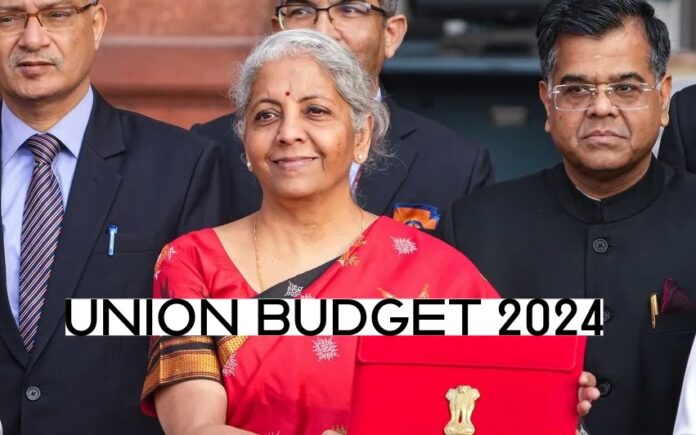The Union Budget 2024, will be presented by the Finance Minister, Mrs. Nirmala Sitaraman in the forthcoming parliament sessions in July. It is assumed that it focuses on several key areas to drive economic growth and development. Supposedly, the major highlights would be :
Economic Growth
•GDP Growth: The budget aims to achieve a GDP growth rate of around 6-6.5% for the fiscal year.
•Inflation Control: Measures to control inflation through fiscal prudence and monetary policy alignment.
Infrastructure Development
•Transport: Significant allocation for the expansion of road, rail, and air connectivity. A new initiative for developing smart cities and urban transport systems.
•Housing: Increased funding for affordable housing schemes, targeting both urban and rural areas.
Agriculture and Rural Development
•Farmers’ Welfare: Enhanced subsidies for fertilizers, seeds, and farm equipment. Expansion of the PM-Kisan scheme to provide financial support to small and marginal farmers.
•Irrigation Projects: Increased investment in irrigation projects to ensure water supply for agriculture.
Education and Skill Development
•Educational Reforms: Allocation for new schools, digital learning platforms, and vocational training centers. Focus on improving the quality of higher education.
•Skill Development: Programs to enhance job-ready skills among the youth, with a special emphasis on technology and digital skills.
Healthcare
•Public Health: Increased funding for public health infrastructure, with a focus on rural healthcare facilities. Initiatives for preventive healthcare and vaccination drives.
•Health Insurance: Expansion of the Ayushman Bharat scheme to cover more beneficiaries.
Technology and Innovation
•Digital India: Continued support for the Digital India initiative, with investments in broadband and 5G infrastructure. Promotion of startups and innovation hubs.
•Research and Development: Funding for R&D in critical areas such as AI, biotechnology, and renewable energy.
Social Welfare
•Women and Child Development: Programs aimed at improving maternal and child health, women’s safety, and empowerment initiatives.
•Senior Citizens and Differently Abled: Enhanced pension schemes and facilities for senior citizens and differently-abled individuals.
Taxation
•Direct Taxes: Introduction of tax reforms aimed at simplifying the tax regime and widening the tax base. Possible adjustments in income tax slabs to benefit the middle class.
•Indirect Taxes: Streamlining of GST rates to reduce compliance burdens and boost revenue collection.
Environmental Sustainability
•Renewable Energy: Increased investment in solar, wind, and other renewable energy projects. Incentives for green energy adoption by industries.
•Climate Action: Policies aimed at reducing carbon emissions and promoting sustainable practices across sectors.
Fiscal Discipline
•Deficit Management: A roadmap to reduce fiscal deficit while maintaining necessary public expenditure.
•Public Sector Enterprises: Strategic disinvestment in public sector enterprises to boost efficiency and reduce fiscal burden.
The Union Budget 2024 aims to strike a balance between growth, inclusivity, and sustainability, setting the stage for India’s economic aspirations in the coming years.


